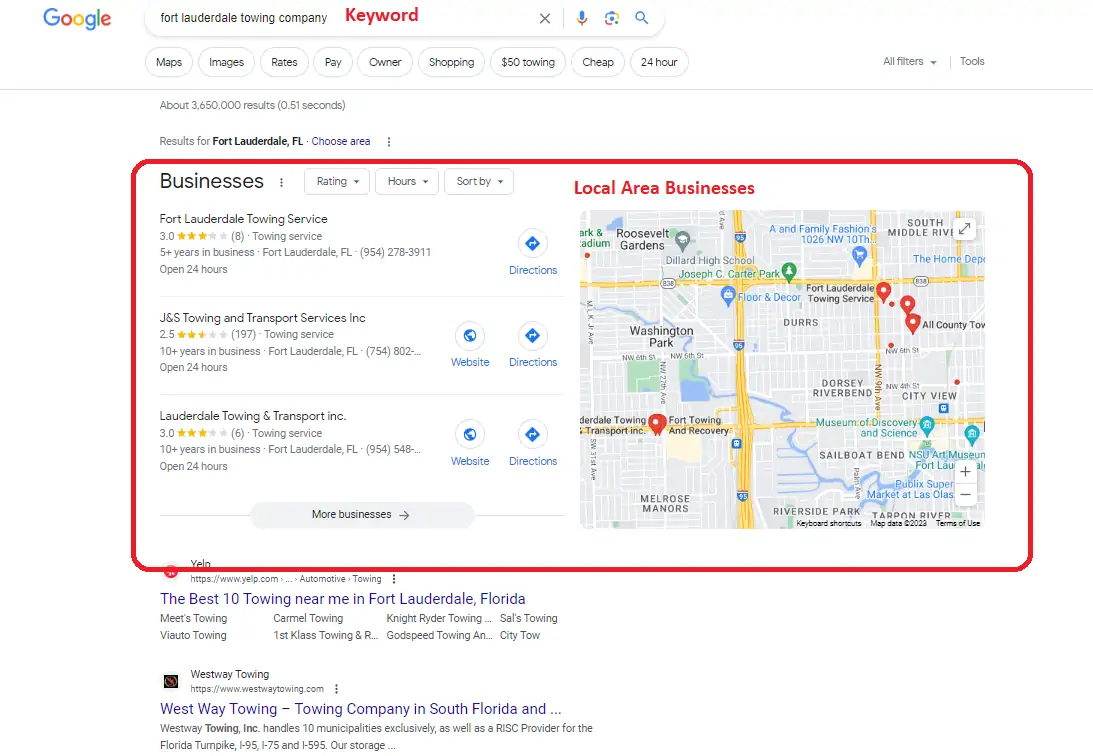brodieives8577
About brodieives8577
In the United Kingdom, legal aid is a crucial aspect of ensuring that access to justice is available to all, regardless of financial situation.
Legal aid enables individuals who cannot afford the costs of legal representation to still access the courts and receive professional legal support. Whether involved in criminal, civil, or family matters, legal aid ensures that no one is left without assistance in the legal system due to financial barriers. This article explores the various aspects of legal aid in the UK, including its history, eligibility criteria, benefits, and challenges.
In conclusion, the Welsh court system operate within the broader framework of England and Wales but are undergoing gradual transformation as Wales builds a distinct legal identity. From bilingual proceedings to unique social legislation, Welsh courts are increasingly reflective of national priorities and cultural values.
It ensures that the courts function efficiently, delivering justice in a timely and fair manner. The administration of the UK courts is a complex system involving multiple agencies, officials, and various levels of government. The court structure itself, as well as the way it is governed, plays a crucial role in upholding the rule of law and maintaining public trust in the legal system.
 The Crown Court handles more serious criminal cases, including those that require a jury trial. Cases range from theft and assault to murder and high-level fraud. Wales has several Crown Court centres, including those in Cardiff, Swansea, and Mold. These courts are presided over by circuit judges and, in some cases, High Court judges.
The Crown Court handles more serious criminal cases, including those that require a jury trial. Cases range from theft and assault to murder and high-level fraud. Wales has several Crown Court centres, including those in Cardiff, Swansea, and Mold. These courts are presided over by circuit judges and, in some cases, High Court judges.
The 20th century, further reforms were introduced to make the legal system more accessible and fair. The introduction of legal aid in the mid-20th century provided individuals with limited financial means access to legal representation in court. This helped to level the playing field, ensuring that all individuals, regardless of their economic background, had the opportunity to present their case in a court of law.
Appeals are a key part of addressing mistakes, but the process is often difficult. Many people lack the resources to appeal, and legal aid cuts in recent years have made it harder for wrongly convicted individuals to get the help they need. The Criminal Cases Review Commission (CCRC) was established to help investigate potential miscarriages of justice, but critics argue that it is underfunded and too cautious in referring cases back to the courts.
 One of the most important considerations in the design of a modern court is accessibility. The UK government has placed a strong emphasis on making sure that all individuals can access court buildings with ease. This includes the addition of ramps, as well as visual aids to help people with disabilities navigate the building. In many new courts, there are dedicated spaces for people with physical disabilities, such as wheelchair-accessible courtrooms, and facilities for those who are hearing or visually impaired. These changes reflect the recognition that courts must be places of equal access for all citizens, ensuring that no one is excluded from the judicial process due to physical limitations.
One of the most important considerations in the design of a modern court is accessibility. The UK government has placed a strong emphasis on making sure that all individuals can access court buildings with ease. This includes the addition of ramps, as well as visual aids to help people with disabilities navigate the building. In many new courts, there are dedicated spaces for people with physical disabilities, such as wheelchair-accessible courtrooms, and facilities for those who are hearing or visually impaired. These changes reflect the recognition that courts must be places of equal access for all citizens, ensuring that no one is excluded from the judicial process due to physical limitations.
The tradition of law courts in the UK is deeply rooted in architecture. Some of the most famous and iconic law courts in the country, such as the Royal Courts of Justice in London, reflect the grandeur and symbolism associated with the legal process. These buildings, which date back to the 19th century, are characterized by their Gothic Revival style, featuring tall spires, intricate stonework, and majestic entrances. The design of such courts was meant to project the authority and dignity of the law, reinforcing the seriousness and importance of legal proceedings.
In recent years, there has been a effort to modernise within the UK court system. The goal is to improve the efficiency and accessibility of the courts by introducing digital systems for case filing, remote hearings, and case management. For example, the Ministry of Justice has implemented a number of digital tools that allow legal professionals and the public to interact with the court system online. These changes are designed to increase accessibility in the legal system.
Judicial bias can also contribute to mistakes. While UK judges are generally seen as fair and independent, there have been cases where assumptions may have influenced outcomes. For example, in immigration or asylum cases, critics argue that a lack of cultural awareness or empathy can result in unfair refusals and deportation orders.
Magistrates courts are responsible for handling less serious criminal cases, such as summary offences, low-value civil cases, and family matters. These courts are the most numerous in the UK, and their administration is often handled at the local level by administrative staff who ensure that hearings are scheduled, documents are processed, and cases are heard in a timely manner.
In the event you liked this informative article and you would want to receive details relating to lead generation in Colorado i implore you to go to the webpage. Despite these efforts, critics argue that more needs to be done to ensure accountability when mistakes happen. Unlike in some countries, UK judges are rarely held personally accountable for erroneous rulings, even when the consequences are severe. Victims of miscarriages of justice may be eligible for compensation, but the process is complex and often adversarial.
No listing found.
